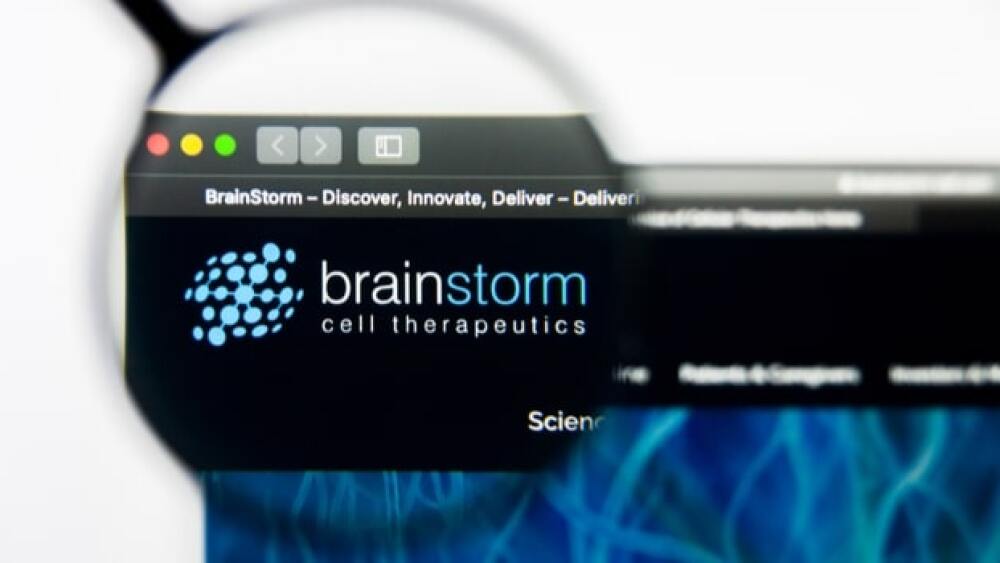A U.S. Congress subcommittee unanimously approved the ACT for ALS bill in a decision that could soon pour massive funding into the search for treatment for this debilitating and deadly disease.
Pavel Kapysh/Shutterstock
This week, a U.S. House of Representatives Congress subcommittee unanimously approved the ACT for ALS bill in a milestone decision that could soon pour massive funding into the search for treatment for this debilitating and deadly disease.
The Accelerating Access to Critical Therapies for ALS Act (ACT for ALS, H.R. 3537) is proposed legislation that aims to establish grant programs and guidelines for developing and producing treatments to treat neurodegenerative diseases like amyotrophic lateral sclerosis (ALS). The first grant will help realize early access to ALS investigational therapies for patients who are not qualified to participate in clinical trials. The second one will fund the U.S. Food and Drug Administration research into potential treatments for ALS and similar illnesses.
Another key element of ACT for ALS is the requirement for a Government Accounting Office report on both grant programs mentioned to be submitted within four years to the Senate Health, Education, Labor and Pensions Committee and the House Energy and Commerce Committee.
It also mandates that the FDA publish an ALS and Other Rare Neurodegenerative Disease Action Plan within six months after the bill passes. This plan will detail the FDA’s steps to encourage drug development in favor of patients with ALS and other rare neurodegenerative diseases.
Finally, ACT for ALS will create a Public-Private Partnership for Neurodegenerative Diseases, composed of the FDA, National Institute of Health and other concerned entities in the advancement of therapies and cures for ALS.
After getting approval from the House with 423 out of 433 votes, the three ALS organizations pushing for the bill are now asking the U.S. Senate to do the same, with the goal of bringing it to President Joe Biden’s desk for final signing soon. The total amount expected to pour into ALS grants when the bill turns into law is $500 million, which would be distributed over the course of five years starting in the 2022 fiscal year.
“Today’s overwhelmingly bipartisan House passage of the ACT for ALS further emphasizes the importance of enacting this legislation as soon as possible. Now it is time for the Senate to act. The Muscular Dystrophy Association stands behind this legislation and is eager to work with the bill sponsors and Senate leaders to make this a reality,” said Muscular Dystrophy Association vice president Paul Melmeyer, in a statement.
In related ALS news, BrainStorm Cell Therapeutics finalized the transfer of manufacturing activities for experimental ALS and progressive multiple sclerosis (PMS) drug NurOwn to Catalent‘s facility in Houston, Texas. Production for NurOwn, an autologous cell therapy, will now be done at Catalent’s 32,000-square-foot plant. Catalent partnered with BrainStorm in 2020 to support NurOwn growth in anticipation of imminent regulatory approval.
While the Phase III trial of NurOwn failed to meet primary and secondary endpoints in a Phase III trial and the FDA advised that the data did not meet the burden of evidence required for a Biologics License Application (BLA), the company recently presented new analysis. This revealed the potential for NurOwn to make a meaningful difference for a subset of patients who had less severe disease at baseline. In the prespecified subgroup, which consisted of participants with an ALSFRS-R score greater than or equal to 35 at baseline, NurOwn demonstrated a responder rate of 34.6% versus 15.6% for the placebo group.
“This has been an important week in ALS, and all of us at BrainStorm applaud the ALS community’s great achievement in the historic House vote to pass the Act for ALS,” BrainStorm CEO Chaim Lebovits told BioSpace. “While this was happening, Brainstorm completed the technology transfer with Catalent, which establishes our preparedness for commercial manufacturing of NurOwn. New data highlighting significant changes on multiple biomarkers across ALS pathways were shared at the International Symposia on ALS/MND, suggesting that NurOwn has large effects on multiple important ALS disease pathways which are linked to clinical outcomes. We are making progress and will continue to press forward towards our goal.”





